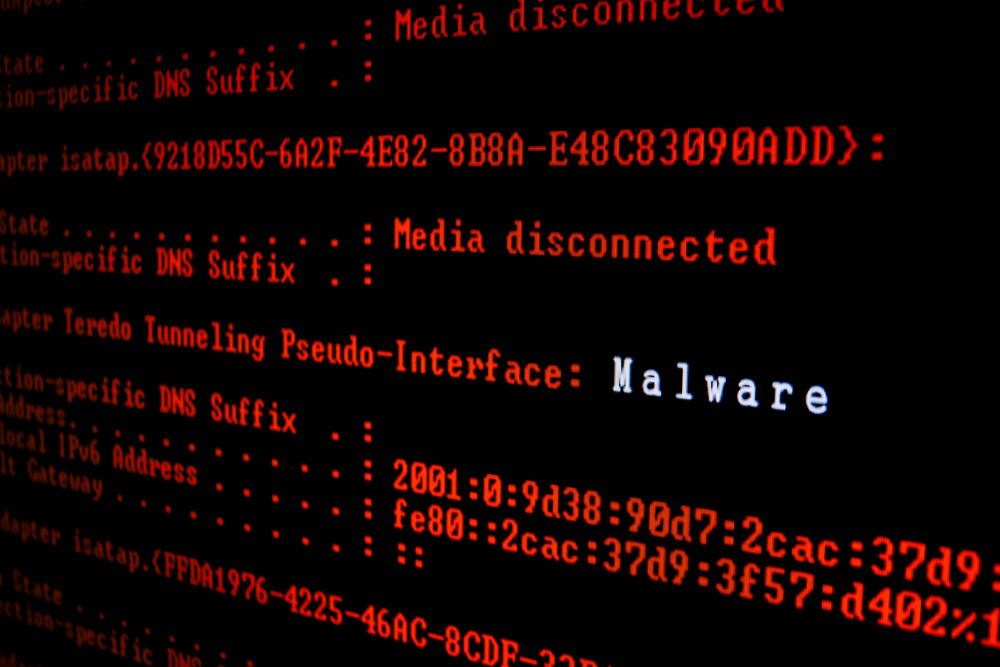Why You Need Reliable Antimalware Solutions
Discover the vital role of antimalware software in protecting devices from malicious threats. Learn how these tools detect and eliminate malware, including viruses, ransomware, and spyware, ensuring data security and system integrity. Stay protected with effective antimalware strategies suited for personal and organizational use, and understand their working mechanisms like signature detection, behavior analysis, and sandboxing. Enhance your cybersecurity defenses today with reliable antimalware solutions to prevent data breaches and cyberattacks.

Why Reliable Antimalware Solutions Are Essential
Malware, a dangerous form of malicious software, differs significantly from traditional viruses. While viruses are a subset of malware that spread and infect files, malware encompasses various malicious tools designed to harm electronic devices like PCs, smartphones, and tablets rapidly.
Understanding Malware
Malware includes programs such as worms, adware, trojans, spyware, and ransomware—all created to compromise systems. Cybercriminals often deploy ransomware to freeze systems and demand payments to unlock data or restore functionality.
Are viruses the same as malware?
Viruses are a type of malware that infect systems through contagious code, spreading when computers operate. They often corrupt files or slow down performance, acting like parasites within devices. Malware, however, is a broader term covering many malicious software types, with viruses being just one subset.
The evolution of malware threats has been rapid since antivirus tools first emerged in the 1990s. Many users conflate antivirus with malware protection; however, dedicated antimalware solutions offer more comprehensive security.
What is antimalware software?
Antimalware tools are programs designed to detect and eliminate malicious threats from devices, including PCs, smartphones, and servers. They safeguard sensitive data from cyber threats like ransomware, spyware, and keyloggers.
These solutions help prevent infections from bootkits, ransomware, adware, trojans, and spyware. They also provide defenses against phishing, spam, and web browsing dangers, often including parental controls for safer internet use.
How does antimalware work?
Antimalware employs three main techniques: signature-based detection, behavior-based analysis, and sandboxing. Signature detection compares files against known malware signatures, while behavior analysis monitors suspicious activities. Sandboxing isolates unknown applications, preventing potential harm and enabling safe testing of new software.
Why is antimalware crucial?
Organizations rely on antimalware to regularly scan for threats and prevent malware infiltration. It offers real-time protection during downloads and network monitoring, blocking malicious programs such as ransomware before they cause damage. Enhanced security insights assist administrators in understanding malware impact and maintaining system integrity.










